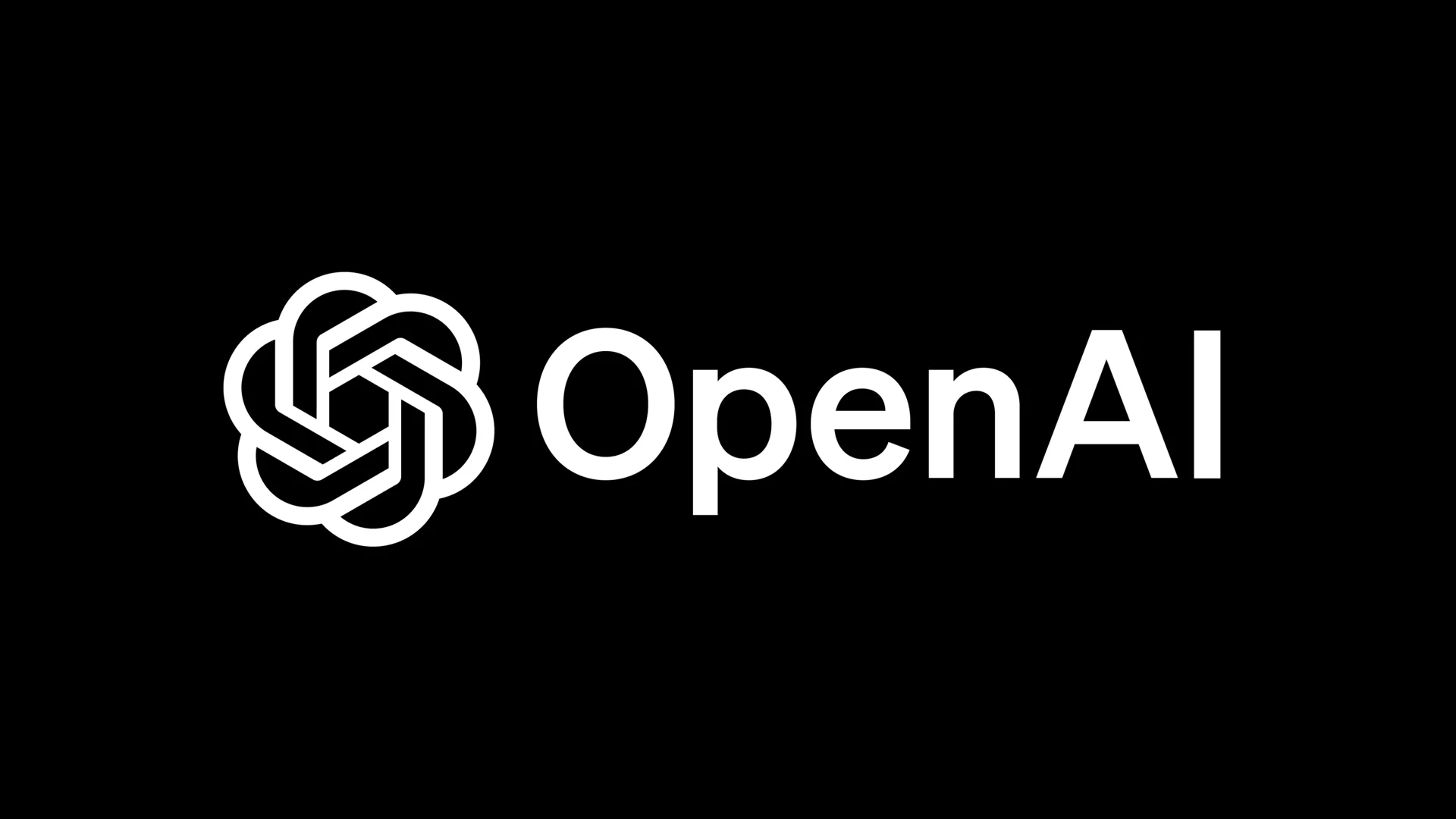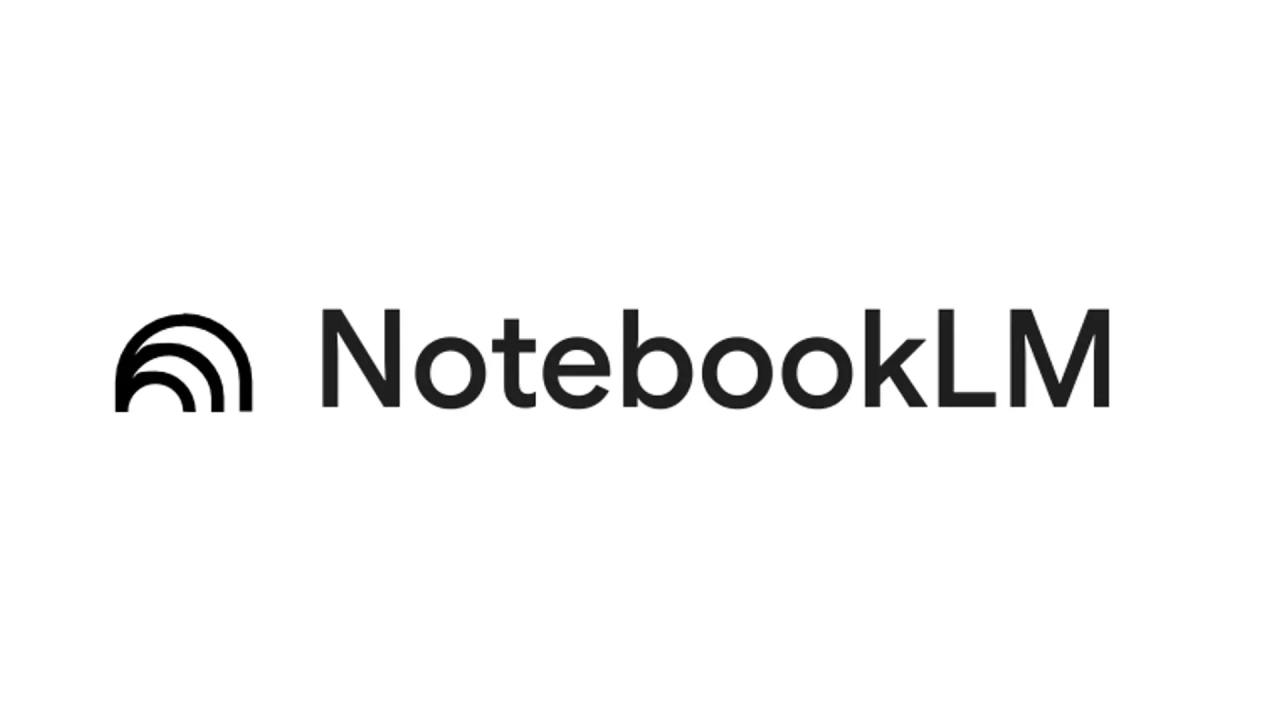China has accused the US of exploiting long-known vulnerabilities in Microsoft Exchange servers to launch cyberattacks on its defence sector, escalating tensions in the ongoing digital arms race between the two superpowers.
In a statement released on Friday, the Cyber Security Association of China claimed that US hackers compromised servers belonging to a significant Chinese military contractor, allegedly maintaining access for nearly a year.
The group did not disclose the name of the affected company.
The accusation is a sharp counterpunch to long-standing US claims that Beijing has orchestrated repeated cyber intrusions using the same Microsoft software. In 2021, Microsoft attributed a wide-scale hack affecting tens of thousands of Exchange servers to Chinese threat actors.
Two years later, another incident compromised the email accounts of senior US officials, prompting a federal review that criticised Microsoft for what it called a ‘cascade of security failures.’
Microsoft, based in Redmond, Washington, has recently disclosed additional intrusions by China-backed groups, including attacks exploiting flaws in its SharePoint platform.
Jon Clay of Trend Micro commented on the tit-for-tat cyber blame game: ‘Every nation carries out offensive cybersecurity operations. Given the latest SharePoint disclosure, this may be China’s way of retaliating publicly.’
Cybersecurity researchers note that Beijing has recently increased its use of public attribution as a geopolitical tactic. Ben Read of Wiz.io pointed out that China now uses cyber accusations to pressure Taiwan and shape global narratives around cybersecurity.
In April, China accused US National Security Agency (NSA) employees of hacking into the Asian Winter Games in Harbin, targeting personal data of athletes and organisers.
While the US frequently names alleged Chinese hackers and pursues legal action against them, China has historically avoided levelling public allegations against American intelligence agencies, until now.
Would you like to learn more about AI, tech and digital diplomacy? If so, ask our Diplo chatbot!










